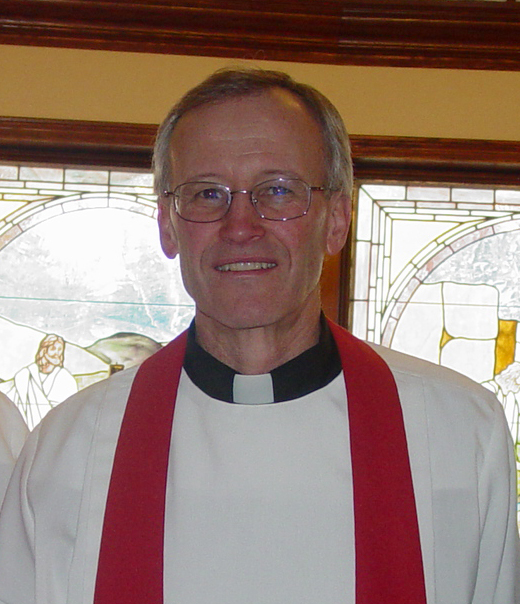Lent in 2021: A Few Questions Answered

Today’s post is written by Pastor Roger Nuerge. Concordia’s Chaplaincy Department actively contributes to our resident’s well-being, especially during the Lenten season. Enjoy!
Lent. What’s that? Where did it come from? Why do some give something up for Lent and others do something special for Lent? What is the best way to observe Lent?
The name Lent probably came from an Anglo-Saxion word meaning spring, the time when the days lengthen. Lent began as Early Christians remembered with special devotions the 40 hours during which Jesus lay in the tomb. Later, it was extended to two weeks, and eventually to the 40 days of our Lord’s temptation.
During medieval times, Lent became a time of rigors to appease God’s anger, rather than a time of joyful devotion for the completed salvation of the crucified and risen Savior. Fear and uncertainty about God’s love and forgiveness developed when people were encouraged to fast or give something up for Lent.
In itself, there isn’t anything wrong with that. There can be benefits, but there are also dangers. When we trust that to gain favor more than what Jesus did, that’s dangerous. How can we know we did it right, or gave up enough?
Jesus, as God, gave up more than we ever could. He gave up being God in heaven in order to become human with us on earth. Jesus gave up power as God to become weak like us. Jesus gave up his life so that we could be God’s forgiven children on earth and inherit a place in his eternal home.
What Jesus gave up is what saves us – not what we give up.
The practice of penitence also developed during medieval times. Christians were encouraged to demonstrate remorse, sorrow and hatred for their sins. That can be good. God wants us to hate our sins, but that doesn’t take them away.
Remember Judas, the disciple who betrayed Jesus? He showed remorse, sorrow and hatred for his sins, but he hanged himself instead of finding forgiveness in Jesus. Isaiah called Jesus “a man of sorrows.” (Isaiah 53:3) At the grave of Lazarus, Jesus wept. (John 11:35) Jesus told his disciples the night before he died that he was sorrowful to the point of death. (Matthew 26:30)
It is Jesus’ sorrow, remorse and hatred of our sins that saves us – not our own.
The idea of doing good works to build favor with God was also encouraged in medieval times. This emphasis put good works in the wrong place. God doesn’t want us to do good works to show how good we are, but to show how we appreciate being forgiven of sin by the blood of Jesus.
It is Jesus’ good works that save us – not our own.
This is why the post-Reformation church developed worship and devotions restricted to the contemplation of the suffering, death and resurrection of Jesus almost to the exclusion of other ideas and practices. We do well to grow in faith and trust in God’s grace and mercy for us in Christ, as St. Paul says in his prayer from Philippians 3:7-12, “that I may know him, and the power of his resurrection and the fellowship of his sufferings.”
For more information on our home & community services or the health and senior care services offered at our locations in Western PA, Eastern Ohio or Tampa, FL, message us through the contact form on our website or call our headquarters at 724-352-1571.
Get Updates From Concordia
There is always a LOT happening at Concordia! Would you like to stay up-to-date with our news and events? Sign up for our monthly e-newsletter here.